
#6 Tell authentic stories 2/2
This article is a 2-piece exploration of Ecosystem Building principle #6 Tell your community’s authentic story and belongs to the 7-part series Ecosystem Building 101. The entire series is developed in Fireside Chats with entrepreneurial ecosystem builders around the world.
This resource guide is no longer available. Sign up for Impact Curator to never miss another resource:
Storytelling in practice
Jeff Bennett: “Steven Rodriguez with Techstars in D.C. ran a campaign with 1863 Ventures that is basically a bunch of Instagram cards. He’s telling little mini-stories through these Instagram cards where he profiles a starter or an entrepreneur in the community who went through their accelerator. Each card includes their name, their company and some accomplishment they made; it might include a little quote and that’s it. I think that’s a great way to get started!
In 2020, we ran a more involved campaign called The Unsung Heroes of Ecosystem Building where we interviewed entrepreneurial ecosystem builders through a simple Google form and grouped relevant content to shine a light on different topics within the field.
Christina Marie Noel: “For Arc Benders, I really wanted interviewees to tell their story in the way THEY wanted to tell it. But I always had some specific questions, for example:
- What drove them to become a change maker?
- What is your advice to design a life with purpose?
- What do you need to keep in mind if you want to change the world?
I always loved ending each conversation with advice. It’s a positive way to wrap things up
Eventually, I was able to distill ten insights from these conversations, because I recognized certain patterns of burnout, the need to collaborate, etc.
When it comes to FYSO, I have been recording our speakers and I’ve been very intentional about inviting speakers who are not going to tell the typical entrepreneurship story. I prefer the ones that are gritty and talk about how much entrepreneurship can suck at times just to set realistic expectations while still being inspiring.
But now two years into FYSO, I want to start telling the stories of our Alum. They are a tight-knit community empowered to define success for themselves and to dream. They are dreamers. They understand that their definition of success can evolve over time and that it looks different for everyone. And those are the kinds of stories I want to tell, because we all need people we can lean on.”
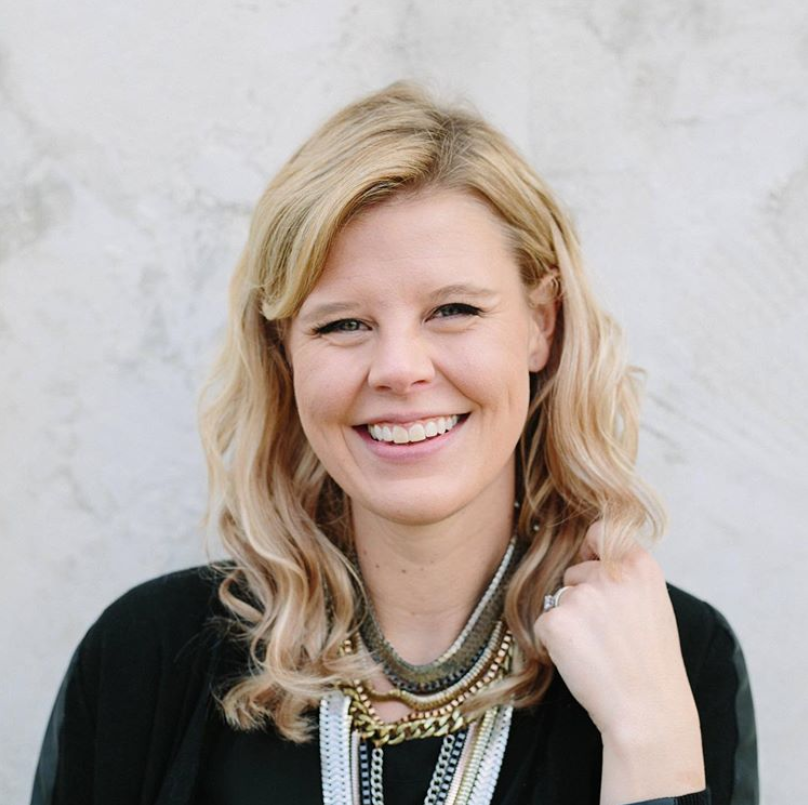
Christina Marie Noel
Founder at Noelle & Co
Raleigh, NC, USA
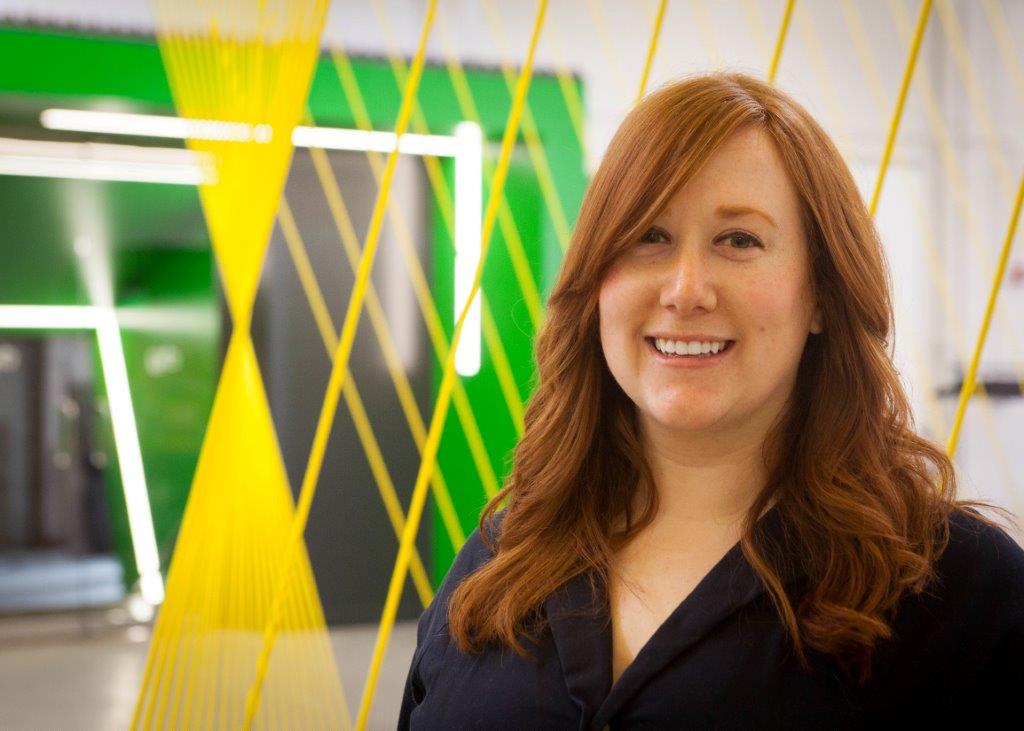
Jessica Edwards
Project-based ecosystem builder
Danville, VA, USA
Isabelle Swiderski: “I’m working with an international organization in helping them figure out how a lot of the local stories tie into the global conversation of systemic change. And in that context, I have been thinking a lot about how much we should talk about entrepreneurs, which – as we understand – is very important, versus how much we should talk about the supporting mechanisms. Because, ideally, we want to share these best practices with other folks and accelerate the rate at which we can support entrepreneurs.
The second element of storytelling that often gets overlooked is the importance of creating tension: If we don’t talk about the difficult parts of the entrepreneurial journey, then there’s no drama. Why would anyone want to listen about a stream of conscience without any tension? If you are trying to tell a meaningful story, then I recommend you consider the hero’s journey and ensure you show how he/she overcame adversity. If you’re going to try to inspire other people, remember that the rules of storytelling are there for a reason.”
Jess Edwards: “I approach storytelling more in terms of strategic marketing. Both in Buffalo, New York, and Dubai, UAE, I was in charge of opening and launching new coworking space concepts so I was starting from scratch. The number one tool that helped me were strategic partnerships with existing organizations that already had great brand recognition with entrepreneurs. In Buffalo, for example, we hosted Startup Grind powered by Google, Creative Mornings, Entrepreneurs’ Organization, and different Meetups; through these partnerships, they brought their community into our space so they could experience it firsthand. This created the opportunity for me to share stories of the entrepreneurs in our space, as well as, creating a lot of cross-pollination across audiences (different types of entrepreneurs).The quality content and conversations happening through various events quickly made both spaces popular entrepreneurial epicenters.”
Norris Krueger: “Several years ago, here in Boise, Idaho, we had what I hoped to be a pretty marvelous ecosystem building effort of telling our story as a united brand. It had all the right ingredients and good energy behind it. Then suddenly someone labeled Idaho as…‘Silicon Potato’. Sigh. Silicon Valley is the Valley for a reason but the idea of Silicon [BLANK] really gets on my nerves. (Gee, let’s use Silicon Beaches as nobody has ever heard of Los Angeles. LOL but why imitate when you can create your own by telling your community’s unique story?) Nothing will be as authentic as what you’re doing at home
Maybe 15 years ago, a national survey asked “What does ‘Idaho’ make you think of?” #1 answer of course was potatoes. #2 was… nothing. Blank slate. What a huge missed opportunity to shape our identity to the world.”
Questions: Your key tool for meaningful and authentic stories
The type of story we tell is important. That is not to say that we sweep negative stories under the rug and only cherry pick the ones that support our message. On the contrary. Peter Block suggests: “To create a new story, we first have to come to terms with the current one. This begins by naming it.” (Block 2018, p. 37)
But as ecosystem builders and storytellers, we do not linger on the hard feelings and stories of disappointment or shortcomings from the past. Instead, we shift the conversation to one of possibility, hope, gifts and generosity because “What we focus on, we strengthen (Ibid, p. 148).
Anxhela Bruci: “Working with survivors of human trafficking and making them the central subject of our initiative means seeing strength beyond all the challenges and difficulties they encountered in the past. After all the trauma they have gone through, we intentionally view them as survivors and want to tell their stories accordingly. Most of them are girls and young women who have survived human trafficking against their odds. They have made it and that is what makes us want to keep up the work.
When I talk with members of the general public here in Albania about survivors of human trafficking, their main associations are fear, violence and a general aversion due to their difficult past. And they’re not entirely wrong; some of these survivors have definitely experienced horrible things and managed incredibly difficult encounters but that alone doesn’t define them. Like any other human, survivors have dreams as well! They’re positive about their future and they look forward to rebuilding their own lives. This positive outlook toward the future is equally – if not more – important to emphasize when we share these stories!”
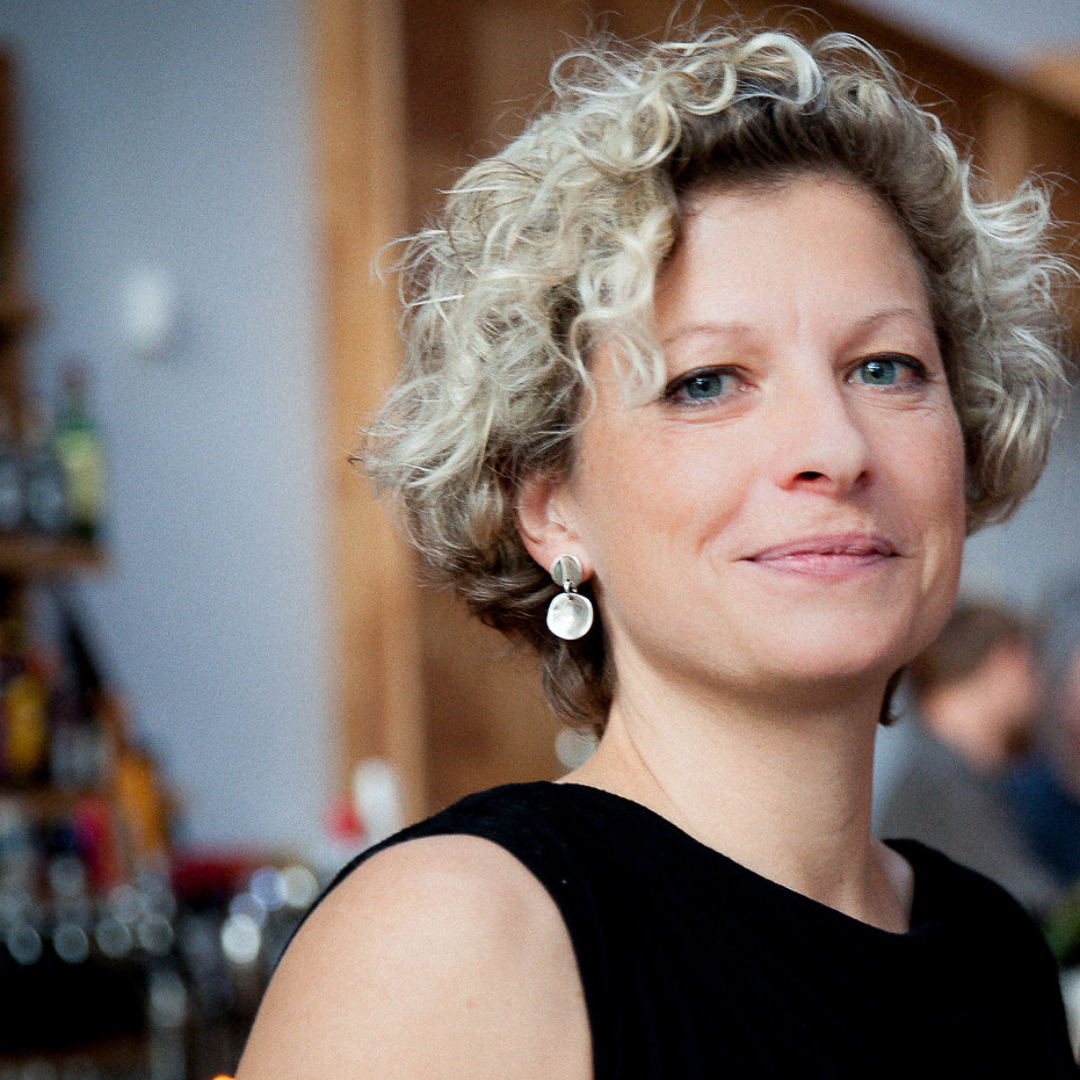
Isabelle Swiderski
Social enterprise advisor
Ottawa, Canada
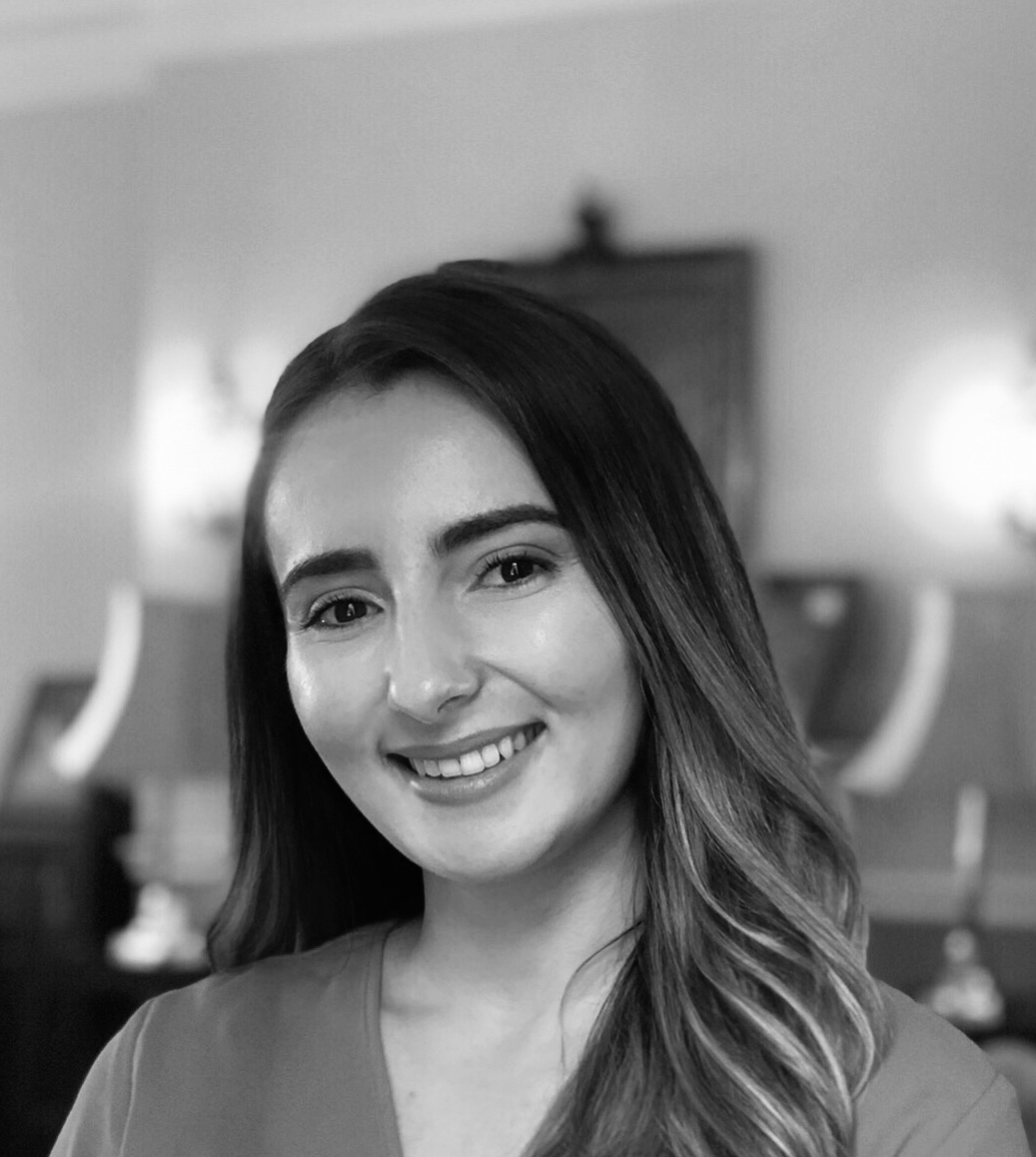
Anxhela Bruci
Social entrepreneur
Tirana, Albania
Jeff Bennett: “Positive stories are everywhere! If you chat with entrepreneurs anywhere, they are most likely to tell you that there is not enough capital and that fundraising is hard. No surprise there, it’s not unique to any one specific ecosystem. But if you ask the right questions, you will hear a different and more positive part of the story:
- Tell us about the biggest problem you’ve had in your startup and how you overcame it.
- What was your experience in your community? Who helped you along the way?
- Apart from capital and investment, what do you think you need more of?
I don’t want to go out there and spread negativity! I want to tell positive stories so I am mindful of the questions I ask. Framing questions that tap into an entrepreneurs’ dreams and hopes for the future is a great way to uncover positive stories. And even in looking back, try to focus on lessons learned and things they are grateful for! Most founders know full well that entrepreneurship is a community sport – give them a platform to share that story and talk about the community that helped them get to where they are!”
Channels and formats
Norris Krueger: “It’s not OUR storytelling; it is theirs. A young academic colleague of mine was working with Syrian women refugee entrepreneurs in Jordan. They didn’t speak English. They didn’t even read Arabic. But they were all starting necessity businesses to support their families. When my colleague asked them to draw an entrepreneur, the result was staggering. These drawings told a giant story about who they were, what they wanted to be and what success looks like to them. In fact, it was so authentic that she couldn’t publish it. These images told story after story of these women entrepreneurs without ever writing a word. I was at an academic conference when I saw these pictures on my colleague’s tablet and I started weeping in the middle of the conference hotel’s lobby.
It certainly made some of my colleagues uncomfortable and I tried to explain but words couldn’t describe the context and vision of positive and hope that these drawings represented.”
Storytelling happens in many ways. When we are telling stories across cultures and languages, we may not even rely on words to bring our message across. As you probably have heard “An image says more than a thousand words.” People consume information in different ways. Some people are visual learners, others prefer audio, video, text – you name it. Rather than catering to all those needs in your storytelling efforts, feel free to choose what works best for you and reuse content on different channels.
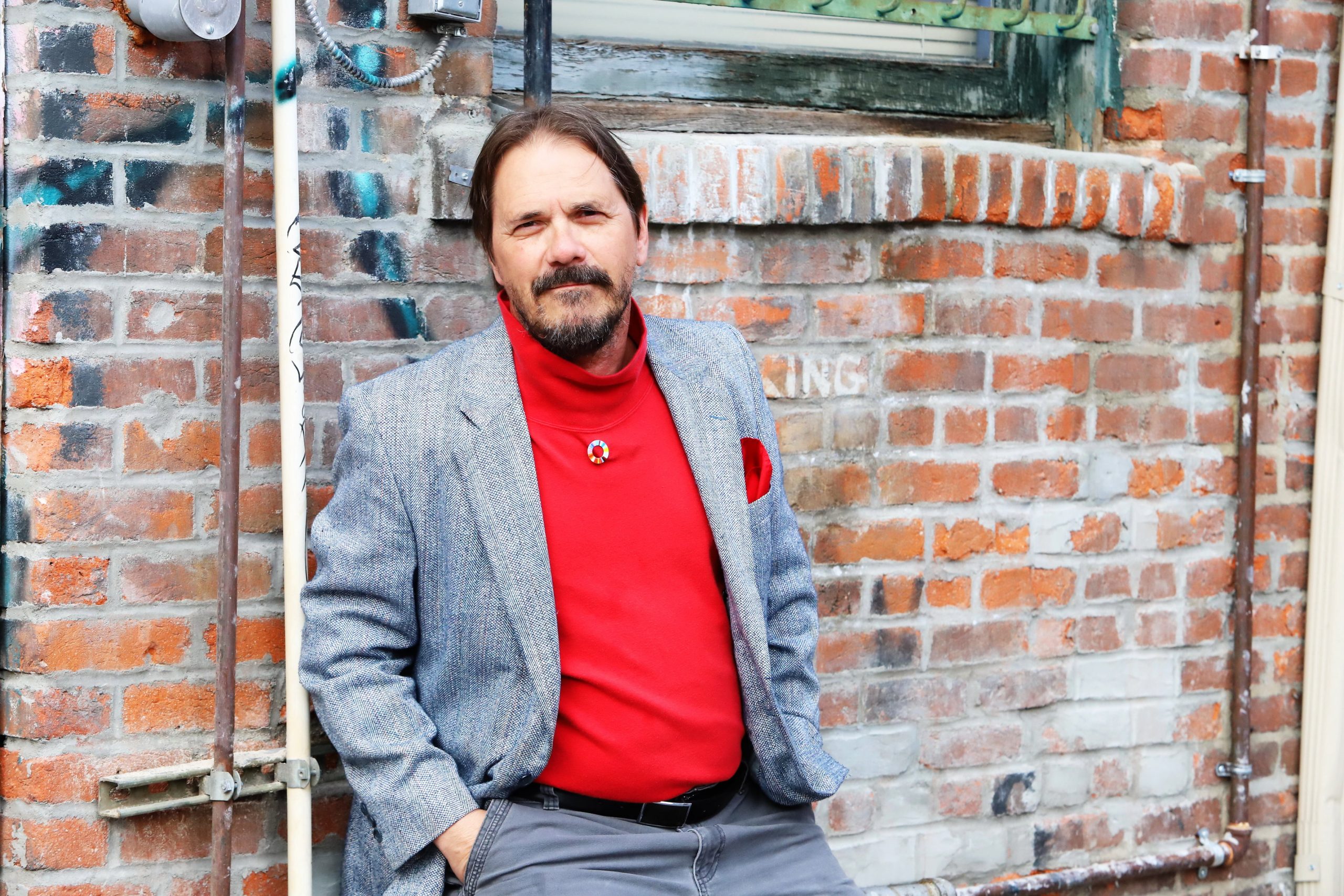
Norris Krueger
Expert Entrepreneurship Developer
Boise, ID, USA
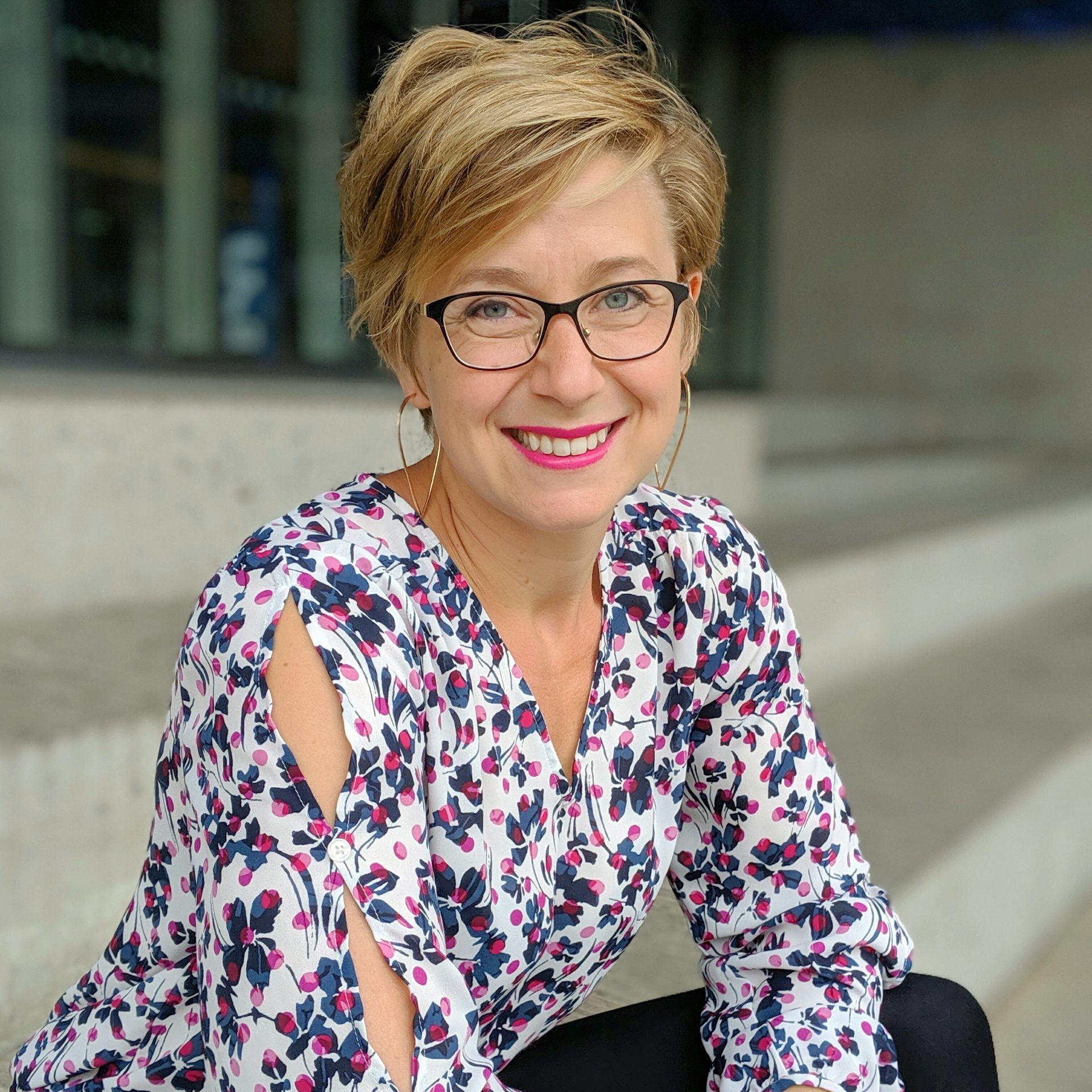
Anika Horn
Storyteller and ecosystem advisor
Asheville, NC, USA
Jeff Bennett: “Especially during the pandemic, a lot of my conversations have shifted to video calls which I have been recording. That means I have a video and audio version as well as a transcript which I can use to write a blog post. I am able to create short snippets of video and audio to share on social media.
My number one recommendation is to store your content on either a blog or website that is searchable. Search engines will guide the right audience to you, but they can’t do it if your content lives only on Facebook or Instagram.
Splitting content into different lengths and media means you can then distribute it on different channels which means you are catering to a wider audience. Some people may listen to your podcast while they’re driving while others will read your blogpost on Medium and yet others will come across it while scrolling through Twitter or Instagram.”
Conclusion: The stories we tell
Storytelling doesn’t have to be a cumbersome undertaking that requires the storyteller to learn a suite of new skills. All of us started with telling the stories we instinctively care about in a way that is natural to us.
Jeff Bennett’s Ecosystem Builder Hub has become more than a clearing house for stories about entrepreneurial ecosystem builders. By curating content and events and creating original pieces of insights and learning, Jeff is telling the story of the movement of entrepreneurial ecosystem building in the U.S. through his platform.
Melanie Lenci creates space for storytelling through in-person events (unless there’s a pandemic). She’s switched to virtual events for the time being, began piloting the program in one additional city in late 2020 and will be scaling Kick-Ass Entrepreneurs this year. If you are looking for a format to tell your community’s story through the lens of your entrepreneurs, get in touch with her!
Anxhela Bruci leverages the power of story to work with participants of Empowerfull to help uncover their strength and redefine their path forward. You can gain a glimpse of her work in her website and social media channels.
Christina Noelle created an entire campaign featuring change makers and everyday heroes through Arc Benders. Starting with the tools and skills already available to her she got to work and learned what she needed as she was doing it. She is now putting these experiences to work at FYSO accelerator, her signature program for early-stage, mission-driven entrepreneurs. Head over to her website to see her storytelling in action!
Jess Edwards, in collaboration with Jeff Bennett and myself, Anika Horn, ran The Unsung Heroes of Ecosystem Building campaign to tell not only the incredible stories of individual ecosystem builders around the U.S., but to raise awareness of their efforts to external stakeholders as well as among themselves and each other.
For more insights and tools to help you tell meaningful stories about your entrepreneurial ecosystem, join our next Masterclass on April 23rd:
Photo by S O C I A L . C U T on Unsplash